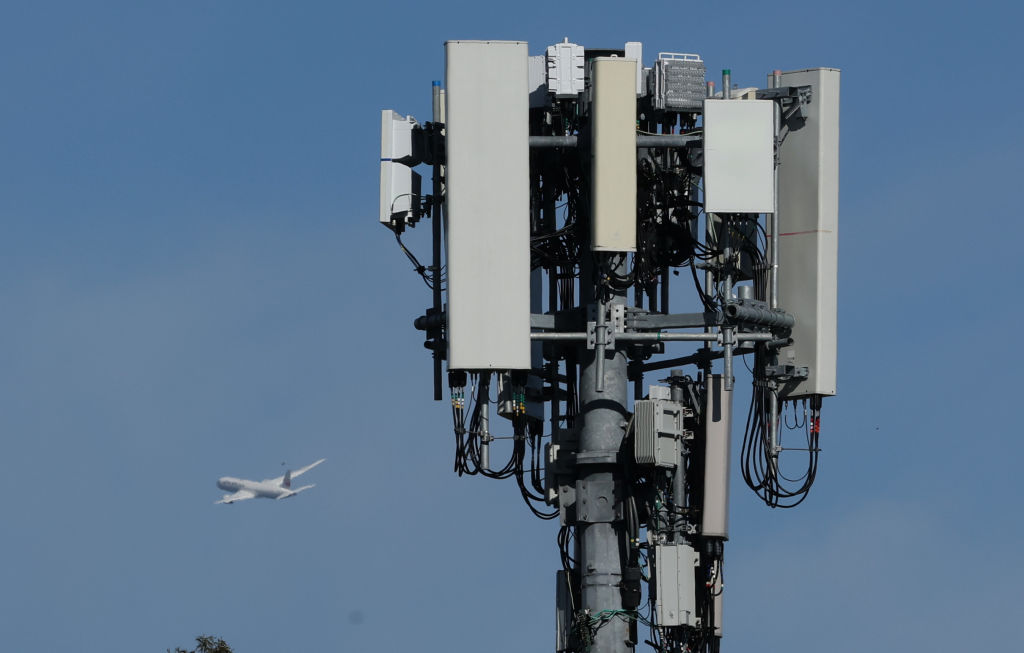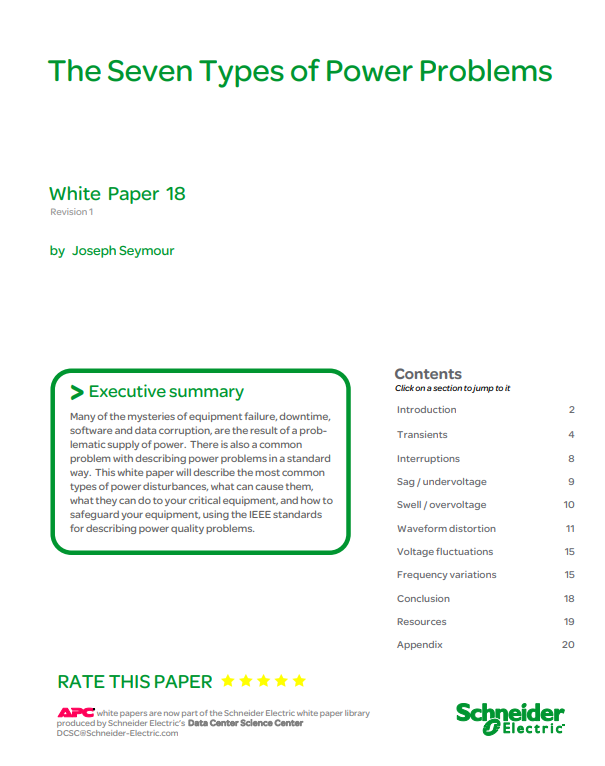Australian airports flag 5G interference warnings
Airport authorities are worried the new technology could impact aircraft instruments that use the same band of spectrum to land safely


Airports in Australia have flagged concerns around 5G services in specific spectrum bands interfering with radio altimeters in planes.
Airport operators made the comments in various letters to the Australian Communications and Media Authority (ACMA), which is currently consulting on the reuse of 3.7Ghz-4.2Ghz spectrum to support 5G services, as reported by IT News.
Australian airport operators and authorities are now seeking zoning restrictions with assurances that certain reuses of the spectrum won’t interfere with essential plane systems, especially those used for landing in low visibility like radio altimeters.
Sydney airport authorities, for example, highlighted that radio altimeters measure the height of an aircraft above ground level when it is operating at low altitude on approach to an airport’s runway.
The authorities flagged that 5G telecommunications systems in the 3.7-3.98GHz band could cause harmful interference to these radio altimeters. This could restrict an aircraft’s ability to operate in low visibility conditions, increase an aircraft’s landing distance requirements, and make its traffic collision avoidance system unavailable.
As part of a solution, the authorities suggested establishing a 5G exclusion or reduced operating area around airports, reducing transmitter power around airports, tilting the angle of 5G towers downward to reduce potential aircraft interference or fitting more modern altimeters to existing aircraft.
RELATED RESOURCE

IT Pro 20/20: Disrupting cyber security
Issue 29 looks at the companies and trends aiming to shake up the industry in 2022
Melbourne Airport echoed this and said that it seeks an outcome that ensures the safety of aircraft and passengers.
Get the ITPro daily newsletter
Sign up today and you will receive a free copy of our Future Focus 2025 report - the leading guidance on AI, cybersecurity and other IT challenges as per 700+ senior executives
“International airlines are required to comply with the regulations of their home state. Any failure to meet safety requirements, or where the correct function of the radar altimeter may be adversely impacted, this could result in international airlines choosing or being directed to limit their aircraft operations to Australia, reducing capacity and access to international markets,” warned Jai McDermott, chief of Ground Transport, Public Affairs & Sustainability at the airport in a letter to ACMA.
“This outcome has already been experienced in the United States with an international operator significantly limiting flights to several major airports due to concerns with 5G interference on aircraft systems,” added McDermott.
In January, mobile operators AT&T and Verizon agreed to postpone the rollout of 5G around several US airports following warnings of “major disruption”. The deployment of parts of each network’s 5G spectrum was meant to be switched on throughout the country on 19 January, but the operators decided to temporarily exclude airports from the rollout following protests from airline operators and the Federal Aviation Administration (FAA). This was because there were fears the spectrum would negatively impact radio altitude metres, which could have led to disrupted flights.
Zach Marzouk is a former ITPro, CloudPro, and ChannelPro staff writer, covering topics like security, privacy, worker rights, and startups, primarily in the Asia Pacific and the US regions. Zach joined ITPro in 2017 where he was introduced to the world of B2B technology as a junior staff writer, before he returned to Argentina in 2018, working in communications and as a copywriter. In 2021, he made his way back to ITPro as a staff writer during the pandemic, before joining the world of freelance in 2022.
-
 Google faces 'first of its kind' class action for search ads overcharging in UK
Google faces 'first of its kind' class action for search ads overcharging in UKNews Google faces a "first of its kind" £5 billion lawsuit in the UK over accusations it has a monopoly in digital advertising that allows it to overcharge customers.
By Nicole Kobie
-
 Neural interfaces promise to make all tech accessible – it’s not that simple
Neural interfaces promise to make all tech accessible – it’s not that simpleColumn Better consideration of ethics and practical implementation are needed if disabled people are to benefit from neural interfaces
By John Loeppky
-
 Why energy efficiency could be key to your business’ success
Why energy efficiency could be key to your business’ successSupported editorial An energy efficient data center setup can help save on bills, but the benefits don’t have to stop there
By ITPro
-
 Digital Twins - Transforming supply chains and operations
Digital Twins - Transforming supply chains and operationsWhitepaper A virtual view of products, processes, and operations, as well as the impact of various factors on performance
By ITPro
-
 UK's EfficiencyIT launches prefabricated data centre offering
UK's EfficiencyIT launches prefabricated data centre offeringNews The company has previously built modular data centres for government and defence customers in 12-16 weeks
By Zach Marzouk
-
 Equinix is growing data centre-powered fruit and veg
Equinix is growing data centre-powered fruit and vegNews The data centre company has installed a rooftop farm at one of its sites to make use of excess heat
By Zach Marzouk
-
 Princeton Digital Group reveals "wise" $1 billion+ Indonesia data centre investment to service Singapore
Princeton Digital Group reveals "wise" $1 billion+ Indonesia data centre investment to service SingaporeNews The new investment will help customers located in Singapore expand their infrastructure
By Zach Marzouk
-
 The seven types of power problems
The seven types of power problemsWhitepaper The most common types of power disturbances and how to safeguard your equipment
By ITPro
-
 Japanese telco NTT to invest $3.5 billion in Indian data centres
Japanese telco NTT to invest $3.5 billion in Indian data centresNews The money marks a steep increase in the telco's investment compared to recent years
By Zach Marzouk
-
 Bharti Airtel continues data centre "expansion spree" with £200m Hyderabad investment
Bharti Airtel continues data centre "expansion spree" with £200m Hyderabad investmentNews This company is expecting to triple its capacity over the next four years
By Zach Marzouk